Our Approach
UN SDGs
Samsung SDS defines the major stakeholders related to the management activities as the six groups:
"local community," " customers," "employees," "partners," "shareholders and investors," and "compliance and ethical management." Samsung SDS has built relationships based on strong trust by addressing the stakeholders' valuable opinions. Further, Samsung SDS is committed to solving the global challenges as a part of international community by achieving the UN SDGs (Sustainable Development Goals).
-
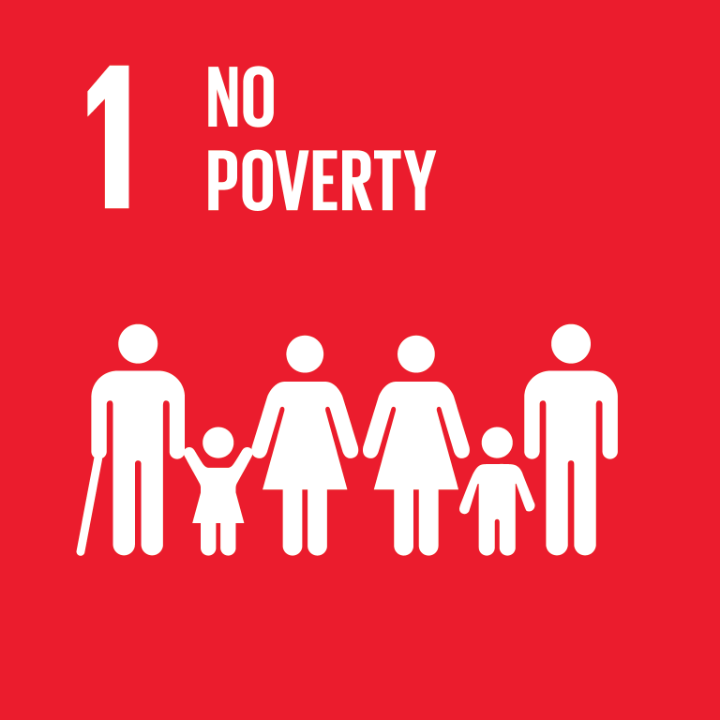
End poverty in all its forms everywhere
-

End hunger, Improve food security, and promote sustainable agriculture
-
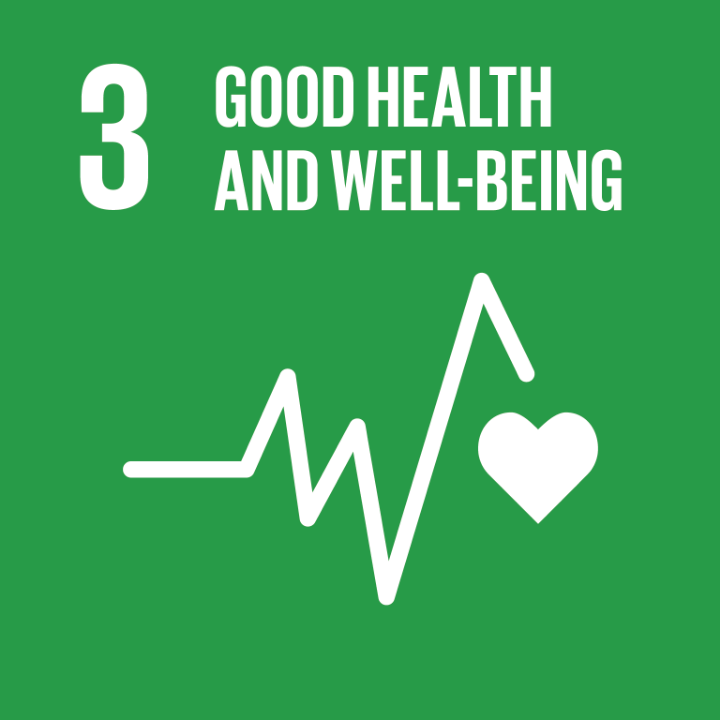
Ensure healthy lives and promote well-being for all at all ages
-
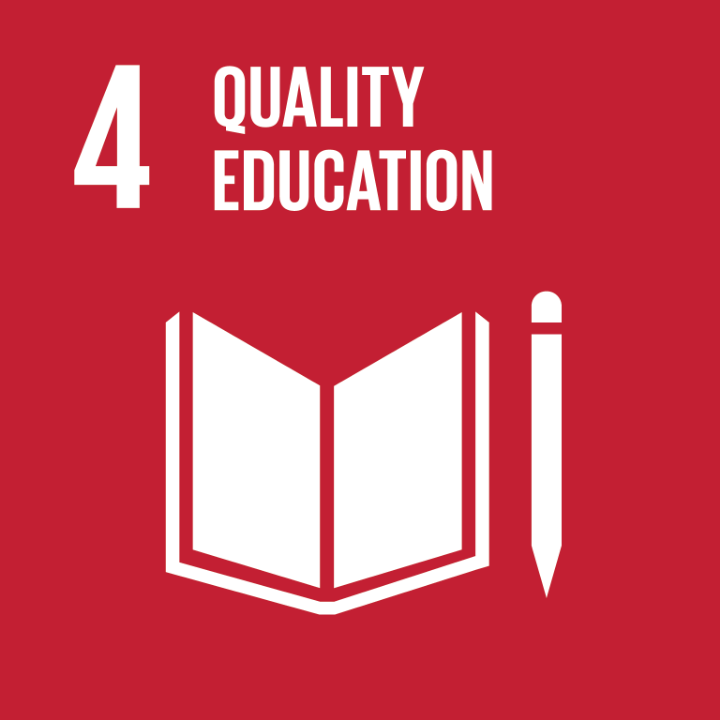
Ensure quality education and promote life-long learning opportunities for all
-
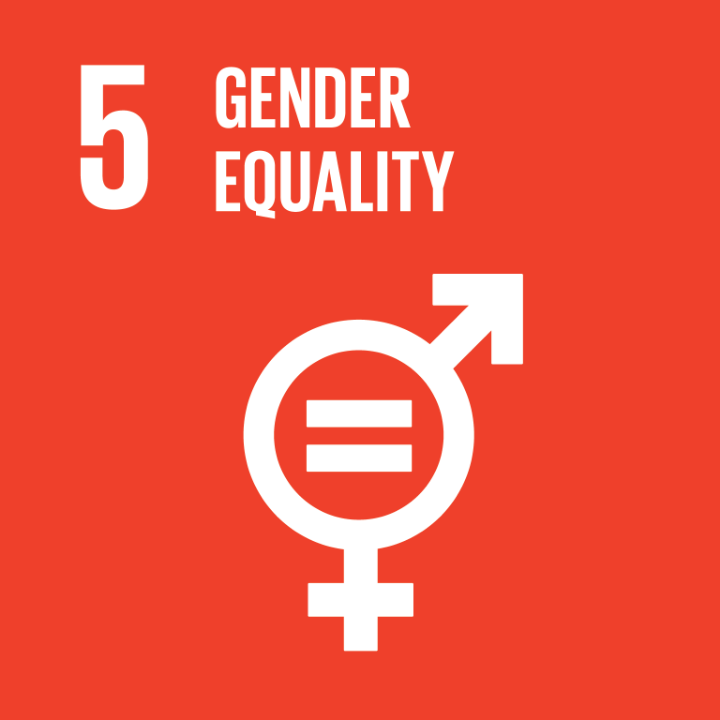
Achieve gender equality and empower all women and girls
-
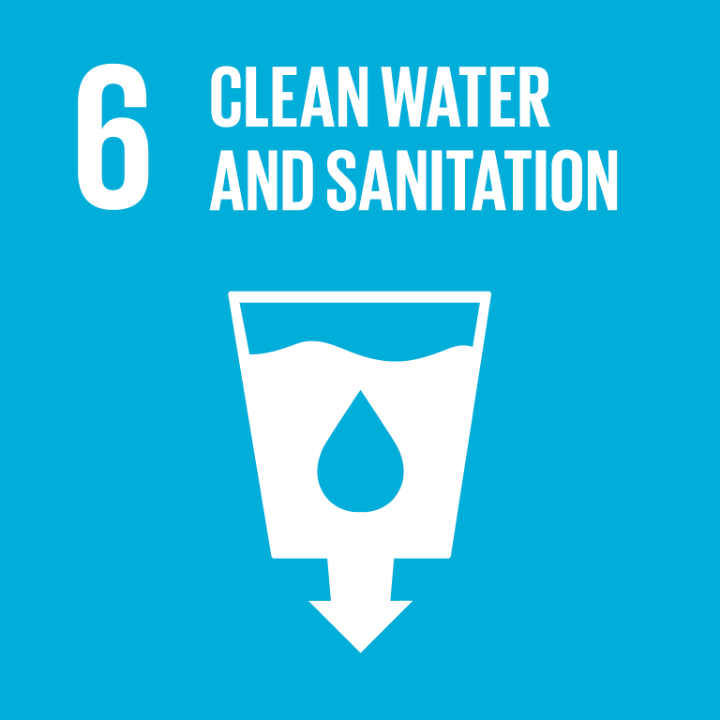
Ensure availability and sustainable management of water and sanitation for all
-
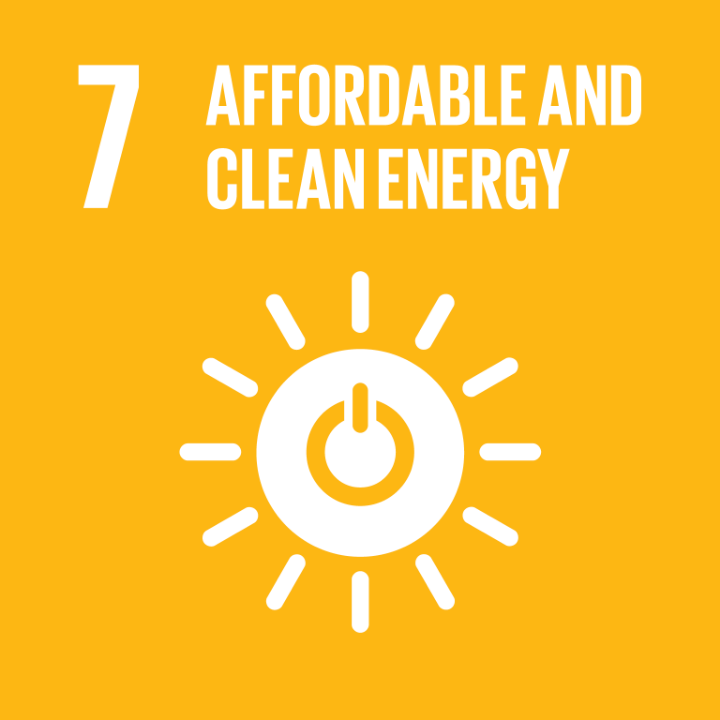
Ensure access to sustainable energy for all
-
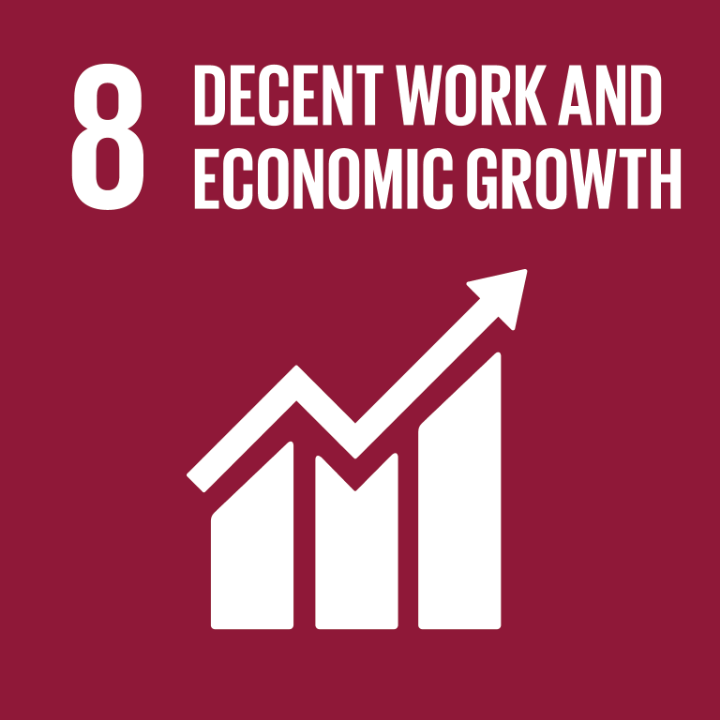
Promote sustainable economic growth, full employment and decent work for all
-
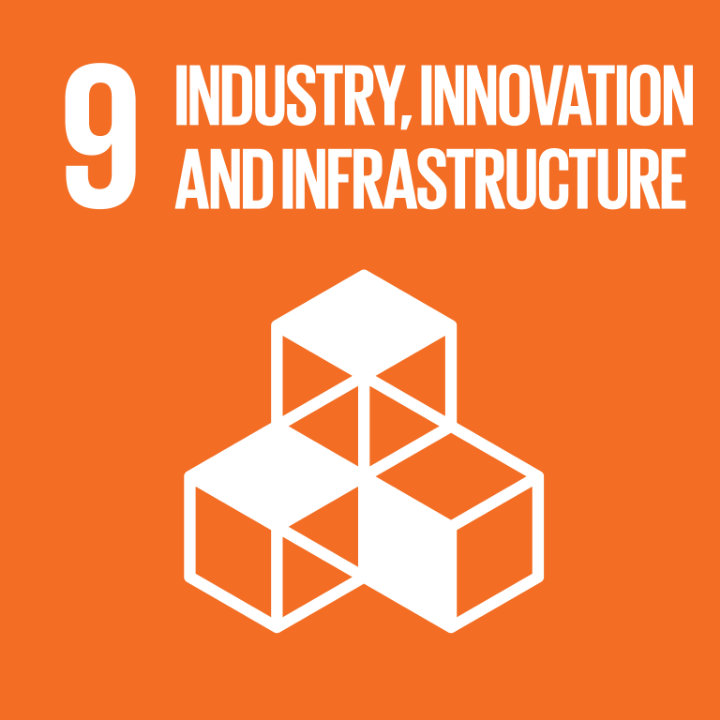
Build resilient infrastructure, promote sustainable industrialization
-
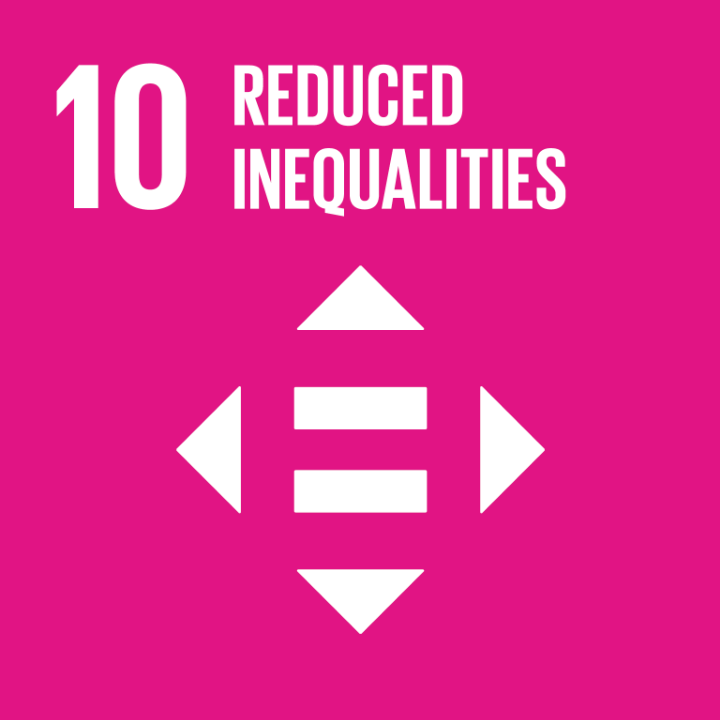
Reduce inequality within and among locations
-
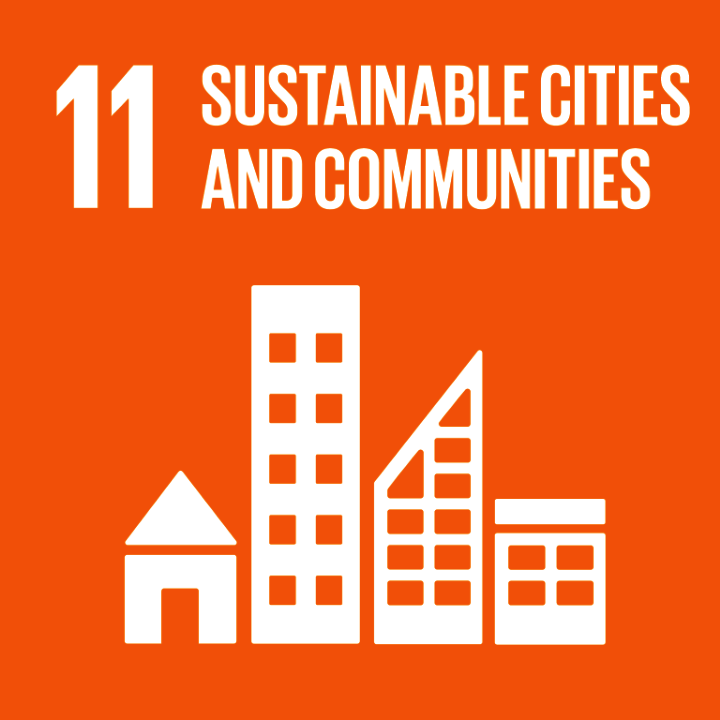
Make cities and human settlements inclusive, safe, reilient, and sustainable
-
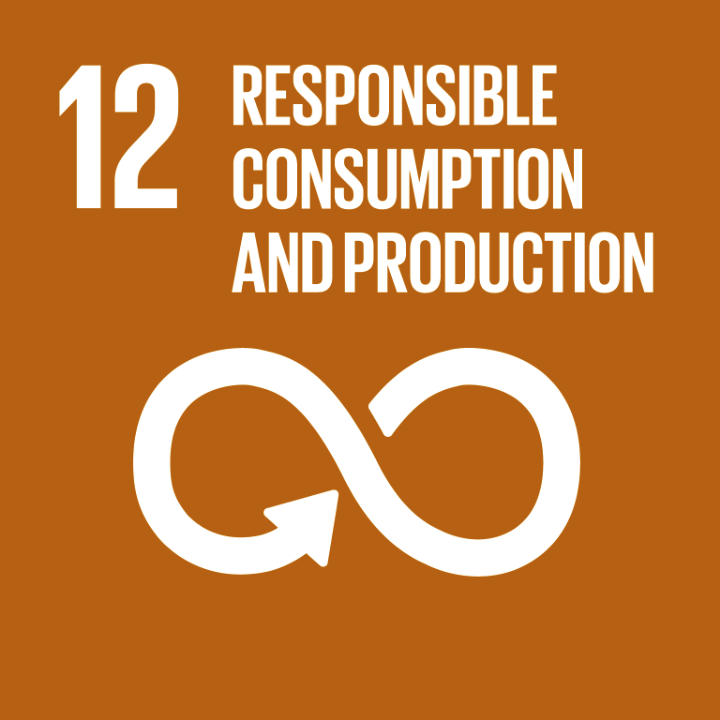
Ensure sustainable consumption and production patterns
-
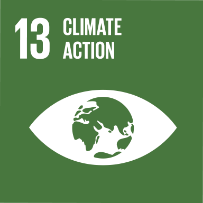
Take urgent action to combat climate change and its impacts Representative image of SDG life below water
-
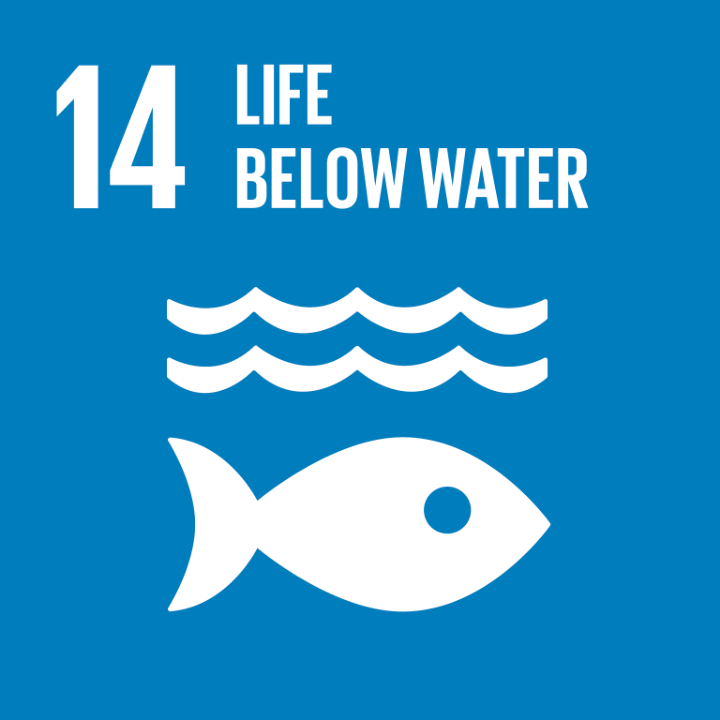
Protect and sustainably use the oceans, seas, and marine resources
-
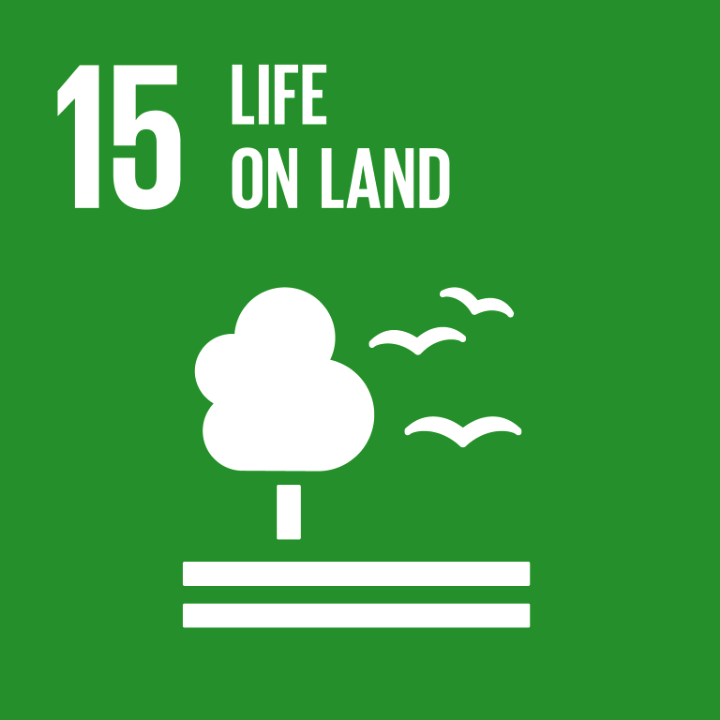
Protect the ecosystem and preserve blodiversity
(forests, deserts, land, etc.) -
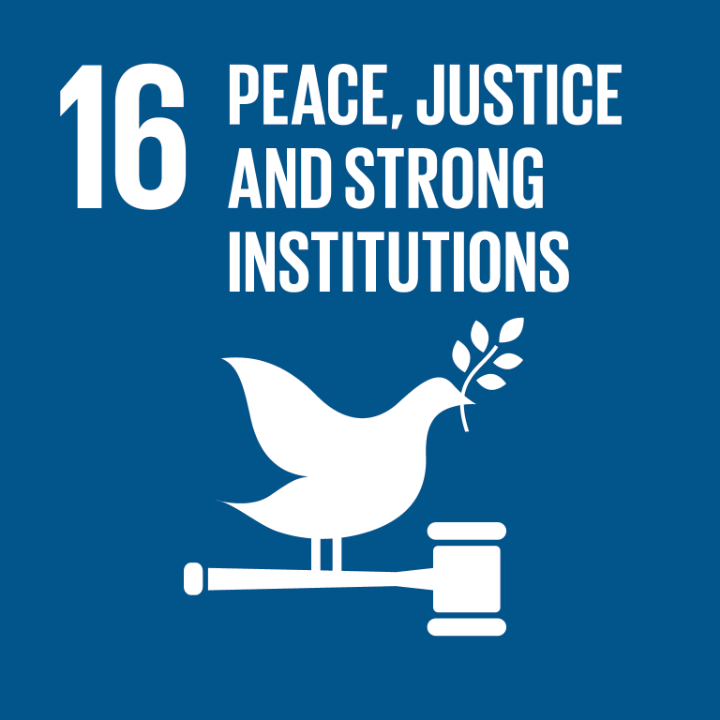
Establish and fair justice system for all
-
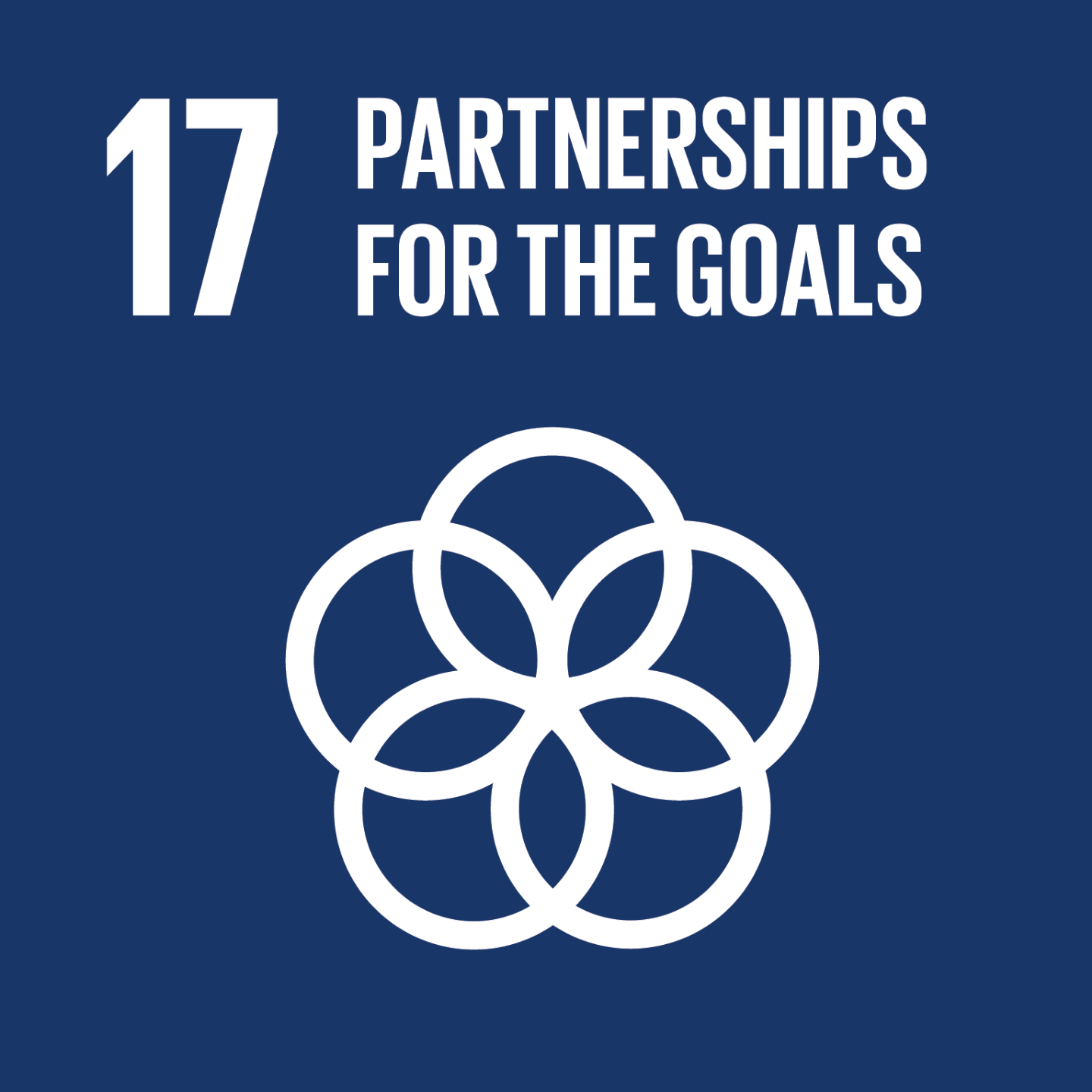
Strengthen the means of implementation and revitailze the global partnership for sustainable development
-
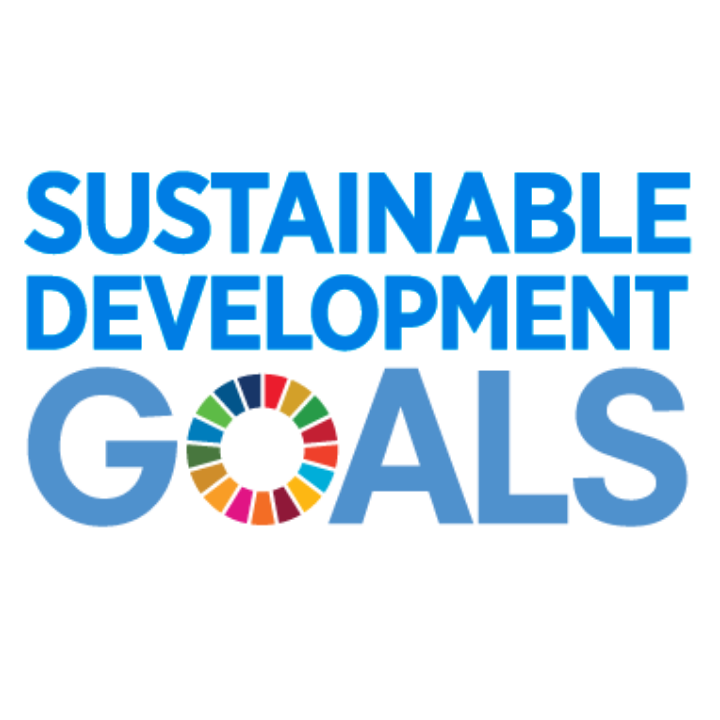
* UN Sustainable Development Goals (UN SDGs) : In September 2015, the UN General Assembly adopted sustainable development goals in order to achieve social sustainability across the globe. Building on the Millennium Development Goals (MDGs) that were focused on less-development locations, the UN SDGs set universal goals that should be met by all locations including advanced ones, and thus demand full engagement of civil society and businesses in the private sector as well as governments and experts in attaining these goals.
-
Partnership
Samsung SDS is actively involved in addressing major agendas faced by global society, grounded in solid global partnerships.
Goal17.Revitalize the global partnership for sustainable development
Samsung SDS contributes to solving poverty and inequality issues facing the international community by collaborating with World Vision. This NGO is dedicated to supporting the world's most vulnerable children, families, and communities.
-
Peace
Samsung SDS is committed to building a more peaceful, fair, and inclusive society.
Goal16. Promote just, peaceful and inclusive societies
To establish a transparent and fair trade culture with our suppliers, Samsung SDS applies the Standard Form Subcontract issued by the Fair Trade Commission(FTC) for electronic contracts. Electronic contracts based on SmartTogether.com prevent verbal orders and unfair order cancellations. Samsung SDS operates a labor-management council to foster healthy labor-management relations and communication between labor and management. The council works to improve the company system and working environment, address employee grievances through the council's communication channels, and conduct various other activities to revitalize organizational culture.
-
Prosperity
Samsung SDS contributes to improving society members' quality of life based on economic growth.
Goal7. Ensure access to affordable, reliable, sustainable, and modern energy
To enhance the environmental friendliness of our data centers, Samsung SDS is increasing the proportion of energy supplied to our facilities from renewable sources. Utilizing a broad spectrum of renewable energy sources, including solar water heating, photovoltaic power generation, geothermal cooling and heating systems, fuel cell technology, natural lighting, and geothermal heat pumps, Samsung SDS seeks to fulfill the energy requirements of our data centers.
Goal8. Promote inclusive and sustainable economic growth, employment and decent work for all
Samsung SDS executes various financial support programs such as direct loans(Win-Win Management Fund) and indirect financial support(Network Loan), aiming to stabilize the businesses of our suppliers.
Goal9. Build resilient infrastructure, promote sustainable industrialization and foster innovation
Samsung SDS contributes to the promotion of industrialization through sustainable services grounded in accumulated ICT technologies.
Goal10. Reduce inequality within and among countries
Samsung SDS has earned recognition as an Honorable Company for Shared Growth by securing the top rating for five consecutive years. This achievement was made possible by enhancing communication with suppliers, providing financial, educational, and technical support, and improving payment terms.
-
People
Samsung SDS respects the inherent dignity and equal rights of all our employees.
Goal2. Zero Hunger
Samsung SDS has implemented a meal support program for underprivileged adolescents in Songpa-gu, who are vulnerable to hunger and difficult to care for. For community engagement with rural villages, Samsung SDS has maintained partnerships with sister villages since 2002 and organizes markets with these villages during Lunar New Year and Chuseok holidays to aid in revitalizing the rural economy.
Goal3. Ensure healthy lives and promote well-being for all at all ages
Samsung SDS operates the Mental Fitness Center to foster not only physical health but also the mental well-being of our employees. At the center, employees can express various concerns. Counseling sessions are held in a location that is convenient and close to the counselee, with strict confidentiality maintained.
Goal4. Provide quality education for all
Samsung SDS operates a qualification support system to strengthen our business capabilities and bolster the professionalism of our employees. Samsung SDS provides support for about 500 work-related qualifications, and some strategically important qualifications at the company level are awarded additional promotion points. Moreover, the list of supported qualifications is constantly reviewed and updated.
Goal5. Achieve gender equality and empower all women and girls
Samsung SDS does not discriminate against employees based on gender, age, or origin. Samsung SDS extends paid maternity leave to male employees and approves the use of parental leave, promoting equal sharing of family responsibilities and recognizing the value of unpaid care and domestic work.
-
Planet
Samsung SDS actively participates in protecting natural resources and addressing climate change for future generations.
Goal6. Ensure access to water and sanitation for all
Samsung SDS has established a water consumption management system and is continuously implementing measures to reduce the discharge of hazardous substances and sewage. After primary treatment in septic tanks, sewage discharged from business sites is treated at municipal sewage treatment plants. Samsung SDS also regularly cleans and disinfects septic tanks and measures the quality of discharged water.
Goal12. Ensure sustainable consumption and production patterns
- Samsung SDS continually monitors the amount of waste generation by building and data center units and strives to minimize waste generation and expand recycling rates. Old laptops and monitors used by employees are collected by recycling agencies, and Samsung SDS endeavors to increase the recycling rate of electronic products by participating in annual cell phone collection campaigns.
- All old racks and IT equipment generated during the maintenance process of data centers are recycled. In this regard, the responsible department consolidates the amount of recyclable waste on a quarterly basis. Notably, 100% of scrap metal and rare metals are recycled through the smelting process.
- Samsung SDS continuously encourages employees to adapt to a lifestyle that aligns with sustainable development, such as creating a paperless work environment, increasing the use of recyclables, and reducing the use of plastic cups.
Goal13. Take urgent action to combat climate change and its impacts
Since 2016, Samsung SDS has participated in the Carbon Disclosure Project(CDP), aligning with international efforts to combat climate change and openly disclosing our climate change response strategies, goals, and activities to stakeholders.
Goal14. Conserve and sustainably use the oceans, seas and marine resources
Samsung SDS operates Cello Trust, a system allowing users to verify the actual distribution history with a single QR code by providing transparent distribution processes on the blockchain. As a blockchain-based traceability management platform, traceability necessitates an entity to confirm the authenticity of the recorded information. In our effort to contribute to reducing the illegal capture of fish, Samsung SDS has included the World Wide Fund for Nature(WWF) as a validator.